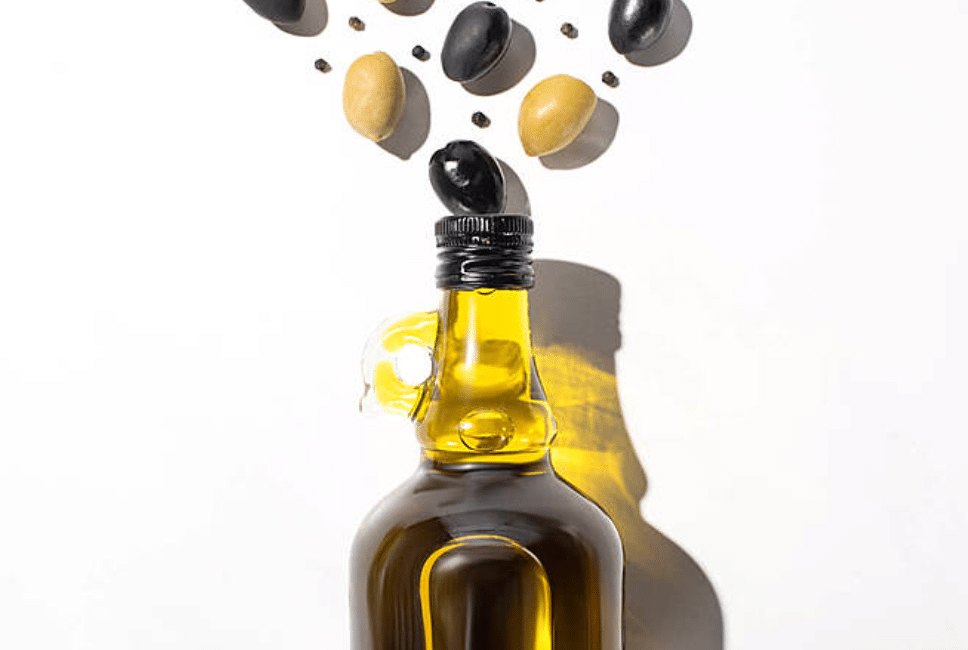In the world of supplements, oils like borage oil and DHA algal oil have gained attention for their unique health benefits. Both are derived from natural sources and are rich in essential fatty acids, but they differ in their composition, sources, and specific health effects. In this article, we’ll explore the differences between borage oil and DHA algal oil, highlighting their nutritional benefits, uses, and potential health impacts.
What is Borage Oil?
Borage oil is extracted from the seeds of the borage plant (Borago officinalis), a herb native to the Mediterranean region. The oil is known for its high content of gamma-linolenic acid (GLA), a type of omega-6 fatty acid. GLA is a rare fatty acid that has anti-inflammatory properties and is often used for managing conditions like eczema, arthritis, and other inflammatory disorders.
What is DHA Algal Oil?
DHA (docosahexaenoic acid) algal oil is a plant-based source of omega-3 fatty acids, specifically DHA. DHA is an essential fatty acid that plays a key role in brain health, eye function, and cardiovascular health. Algal oil is extracted from marine algae, which is the primary source of omega-3s for fish. Since it’s derived from algae rather than fish, it is a vegan-friendly alternative to traditional fish oil supplements.
Key Nutrients in Borage Oil
– Gamma-Linolenic Acid (GLA): Borage oil is one of the richest plant-based sources of GLA. GLA is known for its anti-inflammatory properties, which can help reduce symptoms of conditions like arthritis, PMS, and skin disorders.
– Omega-6 Fatty Acids: Borage oil contains omega-6 fatty acids, which are essential for health but should be consumed in balance with omega-3 fatty acids to avoid inflammation in the body.
– Antioxidants: Borage oil contains antioxidants like vitamin E, which help protect the body’s cells from oxidative stress.
Key Nutrients in DHA Algal Oil
– Docosahexaenoic Acid (DHA): DHA is an essential omega-3 fatty acid that supports brain function, eye health, and overall inflammation control. It is particularly important for pregnant women, as it contributes to fetal brain development.
– Omega-3 Fatty Acids: DHA algal oil contains omega-3s, which are known for their cardiovascular and anti-inflammatory benefits. Omega-3s can help lower blood pressure, reduce triglycerides, and prevent heart disease.
– Vegan-Friendly: As DHA algal oil comes from algae rather than fish, it’s a great option for vegans or those who prefer plant-based sources of omega-3s.
Health Benefits of Borage Oil
- Anti-Inflammatory Effects: The high levels of GLA in borage oil make it effective for reducing inflammation, particularly in conditions like rheumatoid arthritis, where it can help alleviate joint pain and stiffness.
- Skin Health: Borage oil is often used to treat skin conditions like eczema and dermatitis. The GLA in the oil helps to hydrate and repair damaged skin by supporting the skin’s natural barrier.
- Hormonal Balance: Some studies suggest that borage oil may help with symptoms of PMS and menopause due to its hormone-regulating effects.
Health Benefits of DHA Algal Oil
- Brain Health: DHA is crucial for brain development, especially in infants and pregnant women. It helps maintain cognitive function in adults and may reduce the risk of neurodegenerative diseases like Alzheimer’s.
- Heart Health: Omega-3s, particularly DHA, are known to support cardiovascular health by reducing inflammation and lowering triglyceride levels. DHA has also been linked to a lower risk of heart disease.
- Eye Health: DHA is a key component of the retina, and adequate intake of DHA has been shown to protect against age-related macular degeneration (AMD) and support overall eye function.
Differences in Omega Fatty Acids
One of the most significant differences between borage oil and DHA algal oil is the type of omega fatty acids they provide. Borage oil is rich in omega-6 fatty acids, particularly GLA, while DHA algal oil provides omega-3 fatty acids, specifically DHA. Omega-3 and omega-6 fatty acids play different roles in the body. Omega-6 fatty acids, like GLA, are often considered pro-inflammatory when consumed in excess. In contrast, omega-3 fatty acids are generally anti-inflammatory and support overall health.
It’s important to maintain a balance between omega-3 and omega-6 fatty acids in the diet, as an imbalance can lead to chronic inflammation. Many modern diets tend to be higher in omega-6, so supplementing with omega-3-rich DHA algal oil can help restore that balance.
Which Oil is Better for You?
The choice between borage oil and DHA algal oil depends on your specific health needs:
– Borage Oil: If you’re looking for relief from inflammatory conditions like arthritis or skin issues, borage oil may be a better choice due to its high GLA content.
– DHA Algal Oil: If you’re interested in supporting brain health, eye function, or cardiovascular health, DHA algal oil is an excellent option due to its rich DHA content.
Both oils are beneficial in their own right, but they serve different health purposes. Ideally, a balanced intake of both omega-3s and omega-6s is important for overall well-being.
Conclusion
Borage oil and DHA algal oil are both powerful supplements with distinct benefits. Borage oil stands out for its anti-inflammatory effects and skin health benefits due to its high GLA content, while DHA algal oil is an excellent source of omega-3 fatty acids that support brain, heart, and eye health. When choosing between these oils, it’s essential to consider your specific health goals and dietary needs, as both oils can complement each other in a well-rounded supplement regimen.




